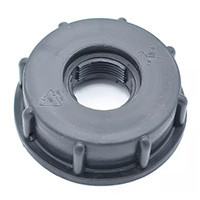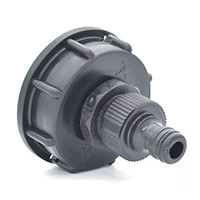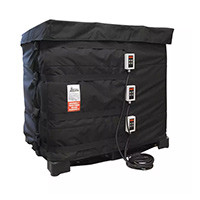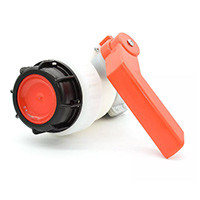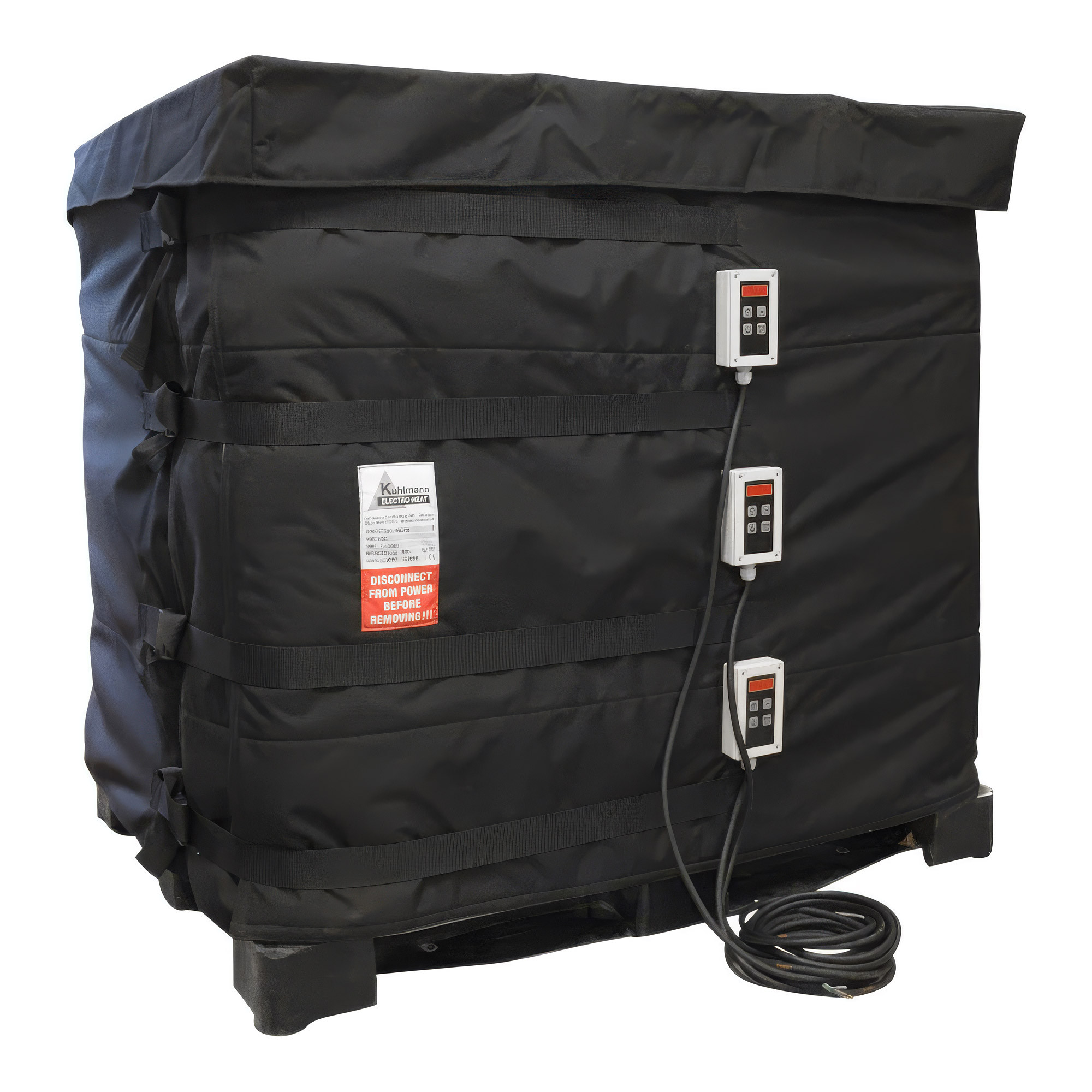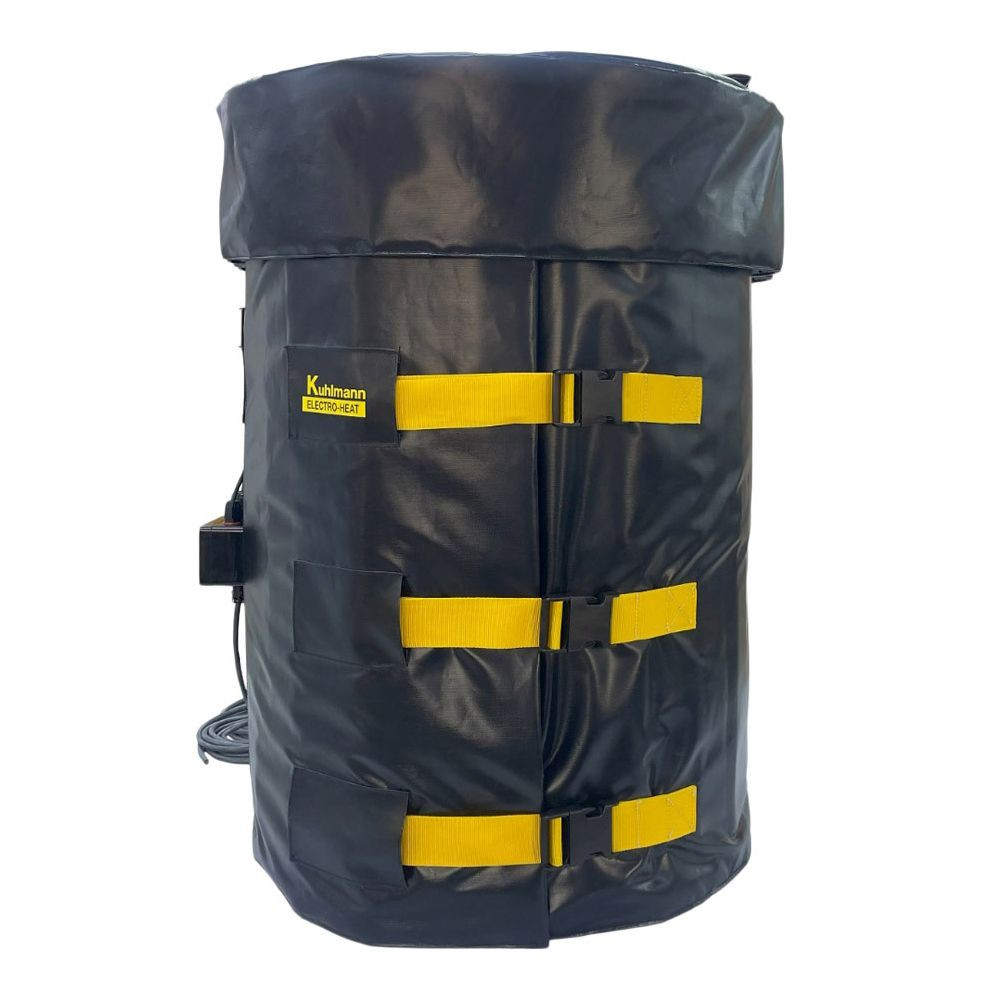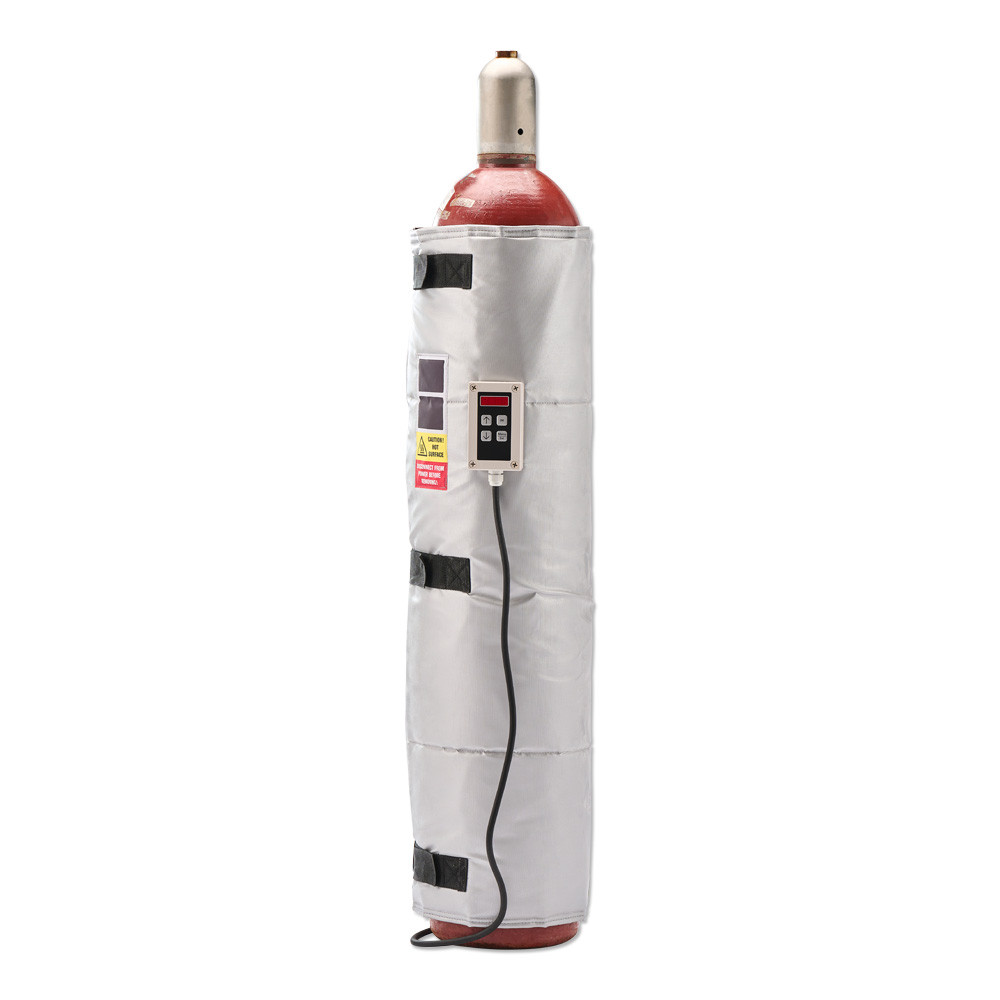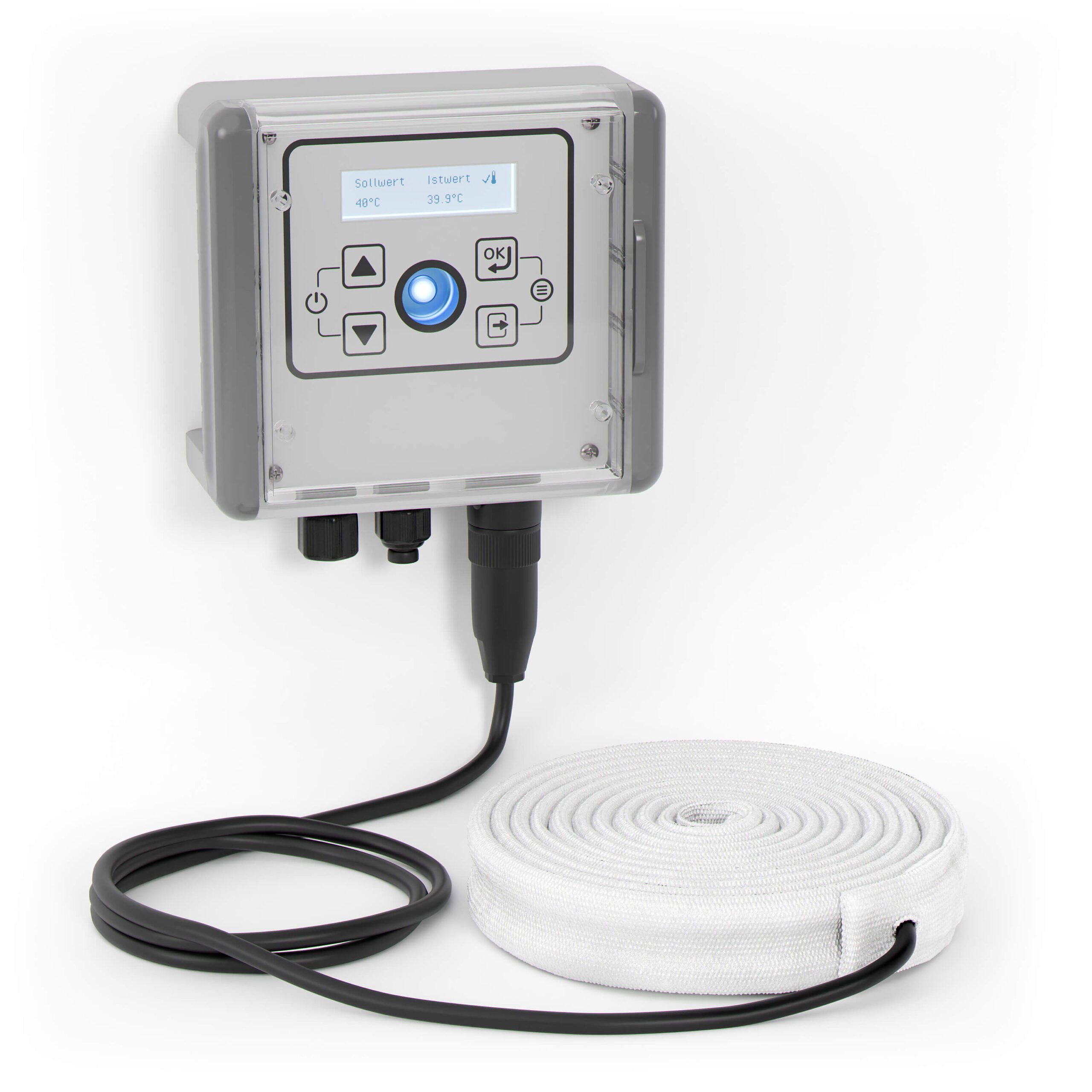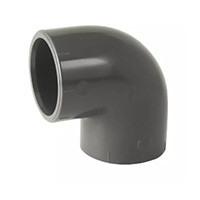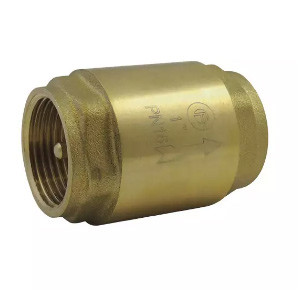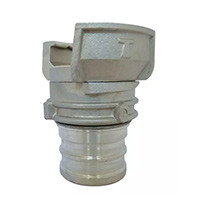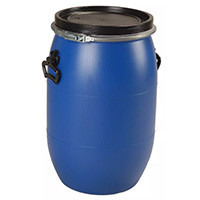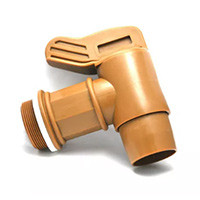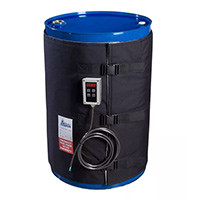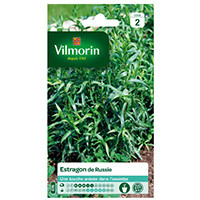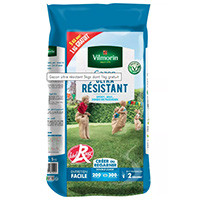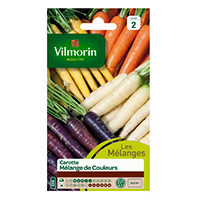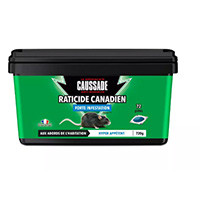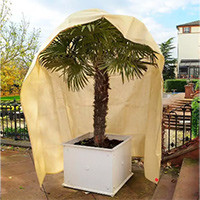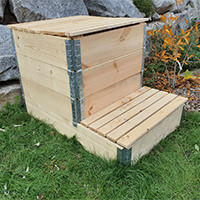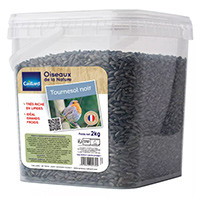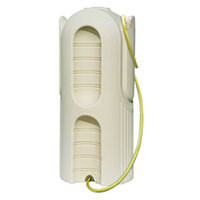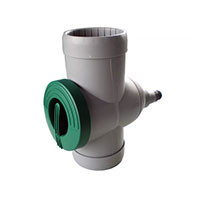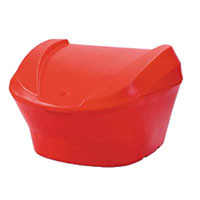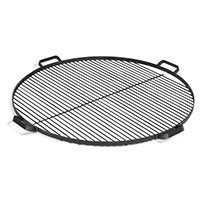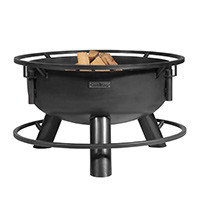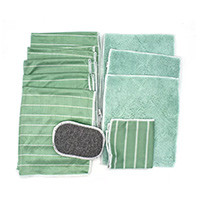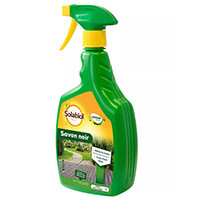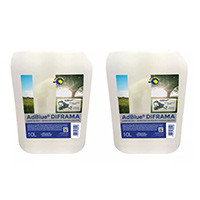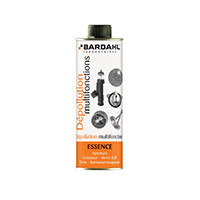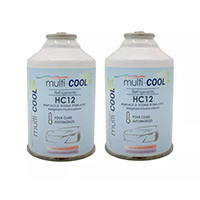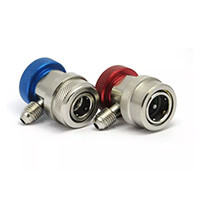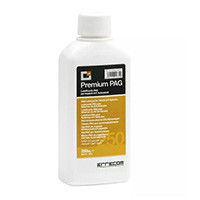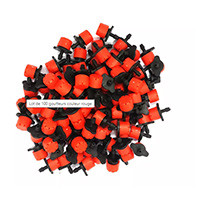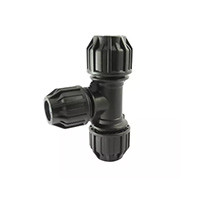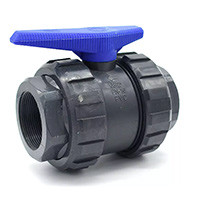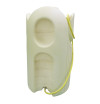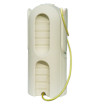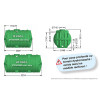
Rainwater harvesting: an environmentally friendly solution against drought
Rainwater harvesting during France drought is a practice that can help preserve our freshwater resource and deal with the problems associated with the early drought we are currently experiencing. In this article, we will explore the benefits of rainwater harvesting and give tips on how to use it effectively.
Reducing pressure on freshwater resources
Rainwater harvesting reduces water consumption from public systems, which helps reduce pressure on freshwater resources. Indeed, rainwater is a renewable and free resource that we can use for various domestic activities, such as watering the garden, washing the car, toilets and washing machines.
In France, where freshwater resources are limited, rainwater harvesting can help reduce dependence on freshwater sources and preserve these precious resources for future generations.
Reduce your water bill
By harvesting rainwater, you can save money on your water bill. Rainwater is free, unlike water from the public network, which is charged. By using rainwater for domestic activities, you can reduce your public water consumption and therefore your water bill.
It is important to note that rainwater harvesting does not completely avoid water costs, as there are upfront costs associated with installing a rainwater collection and storage system. However, these costs can be quickly amortized thanks to savings on the water bill.
Use in the garden
Rainwater is also ideal for watering plants and the garden. It contains fewer minerals than tap water, making it ideal for plants and vegetables.
By using rainwater to water your garden, you can improve the growth of your plants and reduce the risk of disease. You can also use rainwater to fill pools, ponds and fountains, which adds a touch of nature to your garden.
Reducing environmental impact
Rainwater harvesting reduces the environmental impact of water consumption. It also reduces energy costs and greenhouse gas emissions associated with water treatment.
Indeed, water treatment requires energy to transport, treat and distribute water. By using rainwater, you reduce the demand for treated water, which helps reduce energy consumption and associated greenhouse gas emissions.
In addition, rainwater harvesting can also reduce the environmental impact of urban runoff. This is because runoff can be loaded with pollutants such as heavy metals, hydrocarbons and chemicals from roads, roofs and paved surfaces. By harvesting rainwater, you can reduce the amount of runoff that goes to sewers and rivers, which helps reduce water pollution.
How to collect rainwater?
To collect rainwater, you need to install a rainwater collection and storage system. There are several types of systems, but the most common are aboveground tanks and rainwater harvesting systems for the home such as underground cisterns.
Aboveground tanks are simple rainwater storage containers that can be used to collect rainwater from gutters. They are available on multitanks.com but also in many gardening and DIY stores, and are easy to install.
Burial cisterns for the home are more complex and can be used to collect and store large amounts of rainwater for domestic use. These systems require professional installation and can be expensive, but they can provide an alternative water source for your home.
It is important to note that rainwater should be used carefully and safely. Rainwater can contain contaminants such as bacteria, viruses, and chemicals that can be harmful to health. Therefore, it is important to follow safety recommendations and treat rainwater before using it for human consumption.
Conclusion
By harvesting rainwater, we can conserve our precious freshwater resources and help reduce pressure on France's limited freshwater sources. Rainwater harvesting also has many economic and environmental benefits, such as reduced water costs and greenhouse gas emissions.
While installing a rainwater collection and storage system may seem expensive, the long-term benefits far outweigh the upfront costs. By using rainwater to water the garden, wash the car and fill the ponds, we can all help preserve our environment and protect our freshwater resources for future generations.
Share this content





